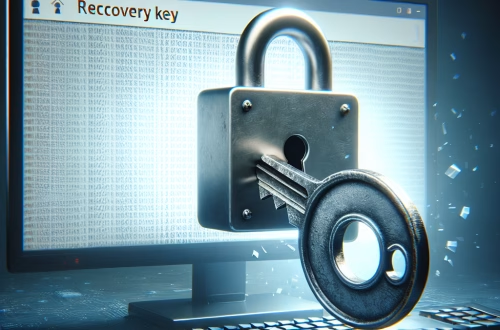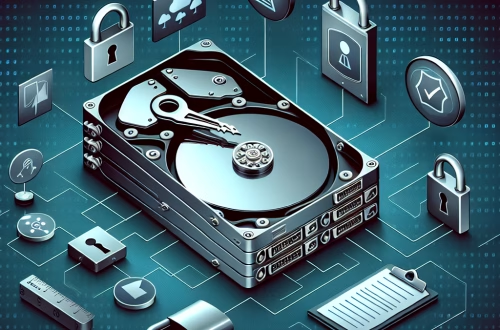Can BitLocker Encrypt Network Drives?
Summary:
BitLocker, Microsoft’s full-disk encryption tool, is designed primarily to encrypt local drives, including system and fixed data drives. However, BitLocker cannot natively encrypt network drives (NAS or mapped shares) because they operate outside the local disk encryption framework. Instead, you must use BitLocker in conjunction with other technologies like EFS (Encrypting File System) or third-party encryption software to secure data on network storage. Common scenarios where this limitation arises include enterprises needing encrypted remote storage or users attempting to secure cloud-synced folders mapped as network drives.
What This Means for You:
- Immediate Impact: Users expecting BitLocker to secure network drives will need alternative encryption methods, potentially complicating workflows.
- Data Accessibility & Security: Ensure sensitive files on network drives are encrypted using supplementary tools like EFS or VPN-secured connections.
- System Functionality & Recovery: Recovery keys for BitLocker-encrypted local drives will not apply to network storage, necessitating separate backup protocols.
- Future Outlook & Prevention Warning: Evaluate hybrid solutions (e.g., SMB 3.0 encryption or cloud-based encryption) for future-proofing network drive security.
Explained: Can BitLocker Encrypt Network Drives?
Solution 1: Combining BitLocker with EFS for Network Files
While BitLocker cannot encrypt network drives directly, Encrypting File System (EFS) can secure individual files on a network share. To use EFS, right-click the target file(s) on the network drive, select Properties > Advanced, and enable encryption. Note that EFS requires NTFS formatting and may create performance overhead for large datasets.
Solution 2: Using SMB 3.0+ Encryption
For Windows Server environments, enable SMB 3.0’s built-in encryption to secure data in transit. Run Set-SmbServerConfiguration -EncryptData $true in PowerShell on the host server. This ensures all SMB traffic is encrypted, though it doesn’t encrypt the drive itself at rest.
Solution 3: Third-Party Encryption Tools
Tools like VeraCrypt can create encrypted containers stored on network drives. Mount the container as a virtual disk, encrypt it with BitLocker-like AES, and transfer files securely. This indirect method avoids BitLocker’s network limitations.
Solution 4: Cloud/Hybrid Encryption Services
Services like Azure File Sync or AWS Storage Gateway offer built-in encryption for cloud-backed network storage. Sync local BitLocker-encrypted folders to these services for end-to-end protection.
People Also Ask About:
- Can BitLocker encrypt a mapped network drive? No, BitLocker only supports local physical and virtual disks.
- Does BitLocker protect data transferred over a network? No, use VPN or SMB encryption for transit security.
- Can I use BitLocker on a NAS? Not directly, but NAS vendors often provide proprietary encryption options.
- Is EFS a viable alternative for network encryption? Yes, but it’s file-based and requires user certificate management.
Other Resources:
Suggested Protections:
- Use EFS or third-party encryption for critical files on network drives.
- Enable SMB encryption for Windows Server-hosted network shares.
- Store sensitive data in encrypted cloud storage with client-side encryption.
- Audit network drive permissions regularly to minimize exposure.
Expert Opinion:
“BitLocker’s local-only encryption highlights the need for layered security in hybrid environments. Integrating SMB encryption with EFS or enterprise-grade third-party tools ensures compliance without sacrificing usability.” — Windows Security Architect.
Related Key Terms:
- BitLocker Network Drive Limitations
- EFS Encryption
- SMB 3.0 Encryption
- VeraCrypt Network Shares
- Azure File Sync Encryption
*Featured image sourced by DallE-3





